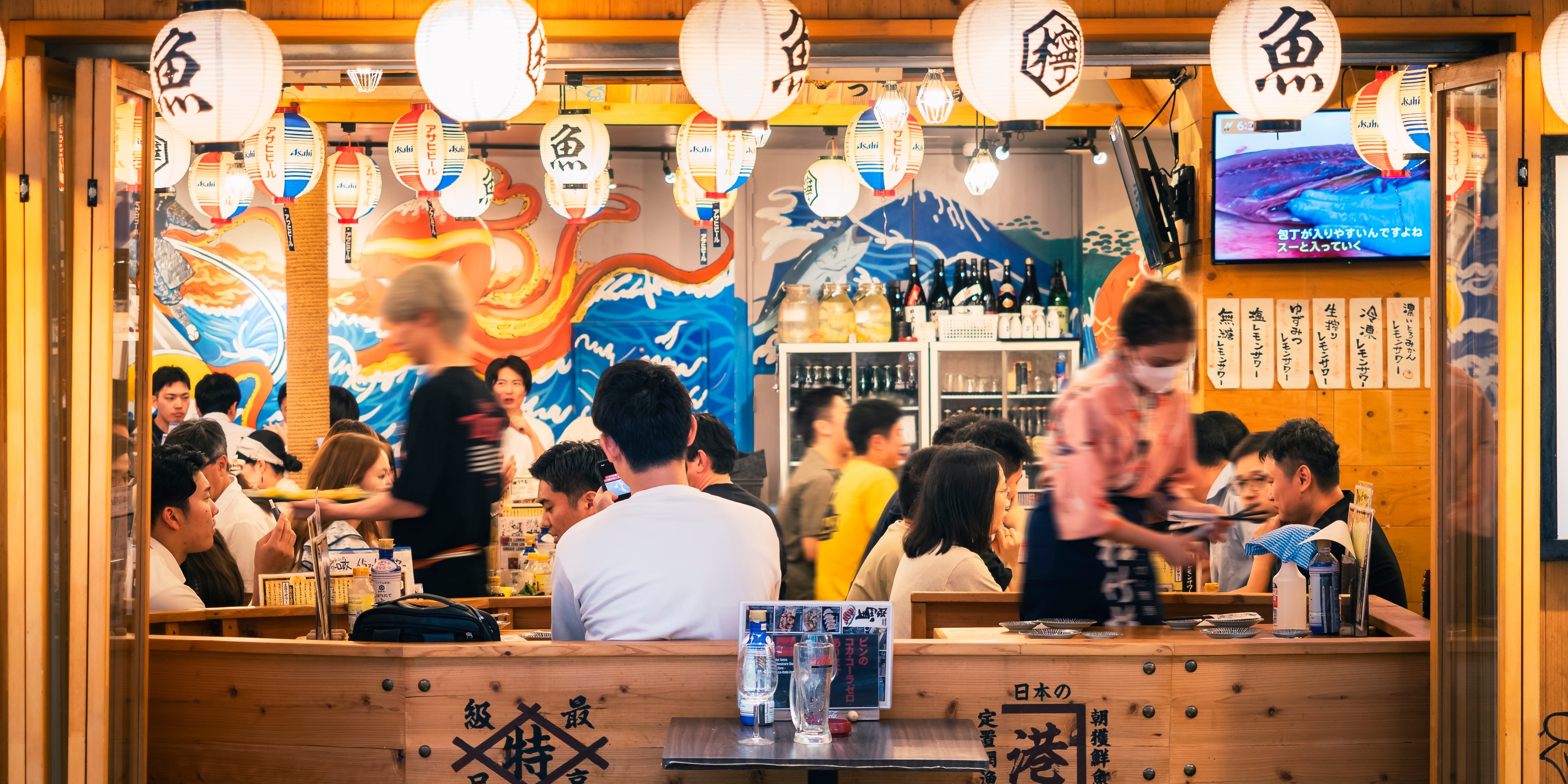As Japan’s halal food sector enters a decisive stage, its growth is being fueled by growing demand from Muslim-majority countries and an anticipated influx of Muslim tourists for upcoming international events.
One major influence on the market is Indonesia’s halal product assurance law, which will soon require mandatory halal certification for all imported goods.
“There are currently more than 1,000 halal-certified companies in Japan, primarily focused on exports,” says Hind Remon, chairperson of the Japan Halal Association (JHA). “While food remains a key category, demand is now expanding to include raw materials used in cosmetics, ahead of Indonesia’s planned implementation of the law for non-food items in October 2026.”
These materials now account for about 60–70% of Japan’s halal-certified exports, according to Remon.
Consumer-ready halal goods represent a smaller portion of the market, although exports of halal-certified Wagyu beef—especially to Malaysia and Indonesia—are on the rise.
“While exact certification numbers are difficult to obtain, Japanese export-oriented companies are increasingly seeking halal certification, especially in the food ingredient and cosmetics sectors,” says Shinya Yokoyama, co-founder of Food Diversity Inc., Japan’s leading halal food information provider.
Domestic demand remains low
At home, Japan’s halal market primarily serves the country's growing Muslim population and inbound Muslim tourists. According to Kyodo News, Japan’s Muslim population grew from 110,000 in 2010 to 350,000 at the start of 2024
In terms of inbound tourism, Malaysia and Indonesia constitute a combined 2.8% of Japan’s total inbound arrivals in 2024, with 506,883 and 517,651 visitors, respectively. Meanwhile, travelers from the Middle East represented just 0.5%, or roughly 166,259 visitors.
According to Yokoyama, knowledge of halal remains limited among local consumers, with most choosing restaurants based on taste rather than halal authenticity.
Proliferation of halal dining hubs and initiatives
Over the past decade, halal-friendly restaurants have sprung up across Japan, though they remain heavily concentrated in large cities such as Tokyo, Kyoto, and Osaka.
Tokyo, in particular, has become a hotspot for halal dining—especially the Ueno district, known for its popular halal yakiniku (Japanese-style BBQ) restaurants.
Beyond urban centers, Hitoyoshi City in Kumamoto Prefecture has emerged as a halal destination. There, the hot spring inn Ayunosato has gained popularity among Muslim tourists for serving what Yokoyama describes as "the freshest halal beef in Japan,” while Ryokan Ayu no Sato, a riverside inn, has been offering halal-certified meals since 2019.
Another success story is Malaysian food services provider Brahim, which partnered with Japanese retailer Muji in 2020 to sell halal-certified ready meals across more than 400 outlets. Brahim has since opened four food outlets in Japan, the most recent launching in April 2025.
The Aichi Prefecture opportunity
With Aichi Prefecture and its capital, Nagoya set to co-host the 2026 Asian Games from September 19 to October 4, preparations are underway to welcome a surge of Muslim visitors.
However, the region still has only about 30 halal restaurants—woefully short of what’s needed to accommodate an estimated 15,000 athletes and staff, plus 1.5 million visitors. In comparison, Tokyo has 298 halal restaurants, according to Halal Gourmet Japan.
Certification remains a stumbling block
Despite the sector’s potential, growth continues to be hampered by the complexity of Japan’s halal certification system and lingering doubts about its credibility.
Many restaurant operators are unfamiliar with key halal practices, such as preventing cross-contamination and sourcing certified ingredients.
The total number of halal certifiers in Japan remains unclear, and many do not publicly disclose the number of certificates they issue.
Compounding the issue is the role that some local mosques have taken in offering halal certification—often through informal procedures. “For example, some mosques can provide a halal certificate in just one day at a very low cost, whereas certification through JHA involves a lengthy process and detailed documentation,” Remon notes.
There are exceptions, such as Malaysia’s JAKIM, which does publish such data, often covering food ingredient or cosmetic raw material manufacturers targeting export markets. “The rise in overseas Japanese restaurants [in Muslim-majority countries] may be contributing to this trend,” says Yokoyama.
A vision for the future
According to Remon, JHA has been working to raise awareness of the halal industry’s potential within the government, and there are signs that this effort is gaining traction.
However, there remains a critical need for solid data to accurately assess the size, scope, and opportunity within the halal sector.
“While we observe these trends through our daily activities, having accurate statistics is essential for broader understanding and informed policymaking,” she says.
She believes that there’s scope for Japan’s halal sector to grow, particularly by leveraging the country’s strengths in food technology and high-quality agricultural products. However, for the industry to truly thrive, it must be developed as part of a comprehensive ecosystem involving researchers, marketers, government agencies, and other key stakeholders.
JHA’s long-term ambition goes beyond market development, envisioning a self-sustaining platform where halal certification serves as a generator of waqf. These funds could help finance Islamic schools, scholarships for future Japanese Imams and scholars, halal slaughterhouses, supermarkets, and other essential services.
“The goal is to build a self-sustaining ecosystem where Muslims in Japan can live with peace of mind and dignity,” Remon says.
*This article was later edited for clarity.

